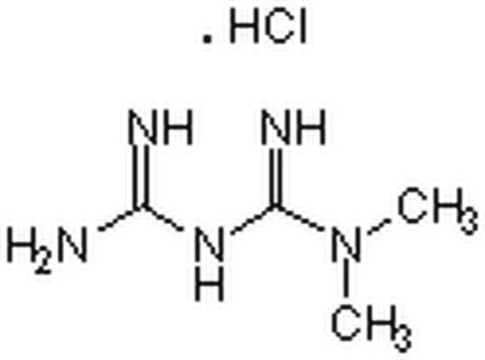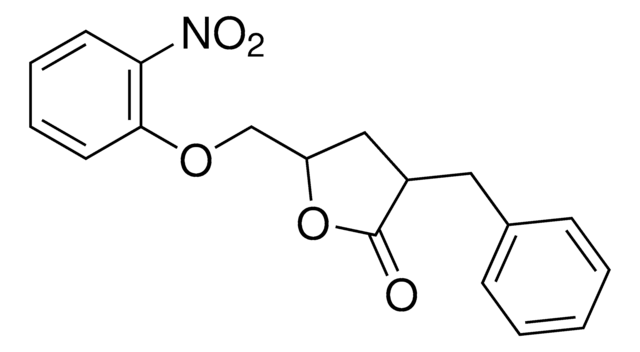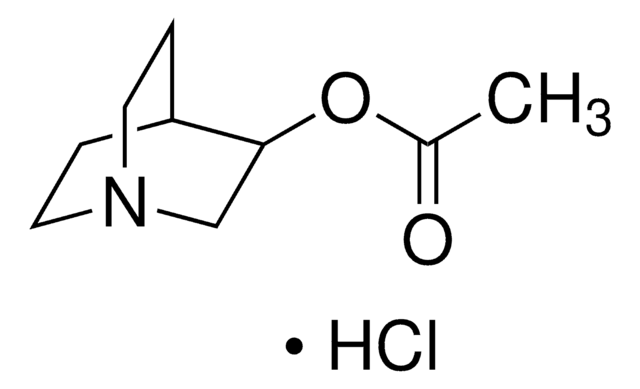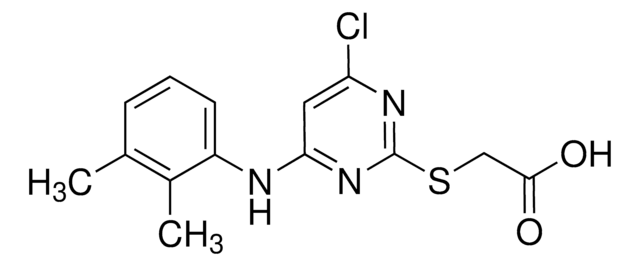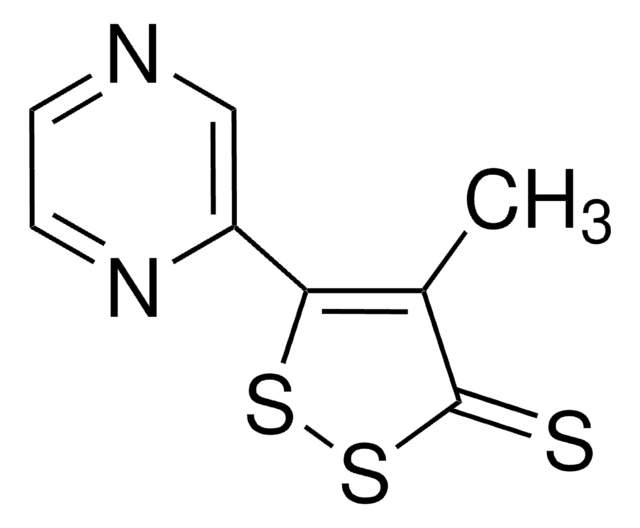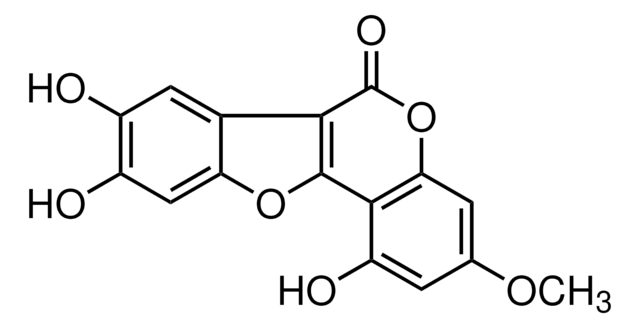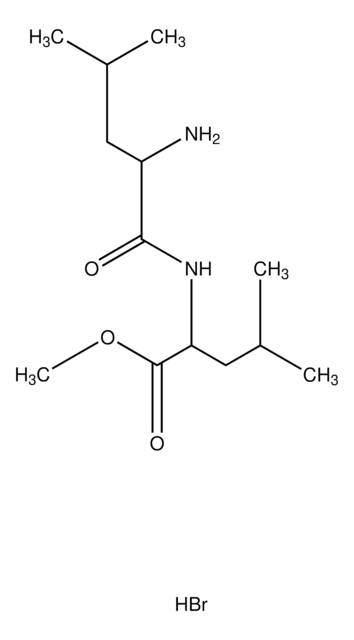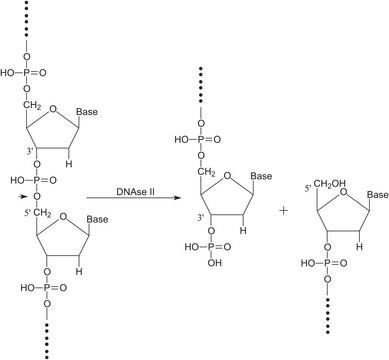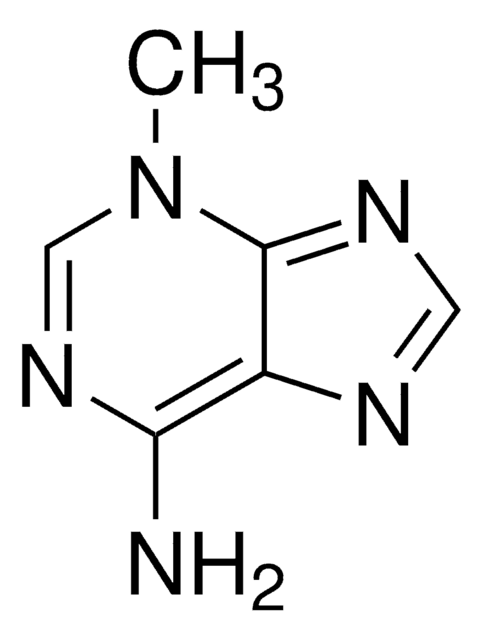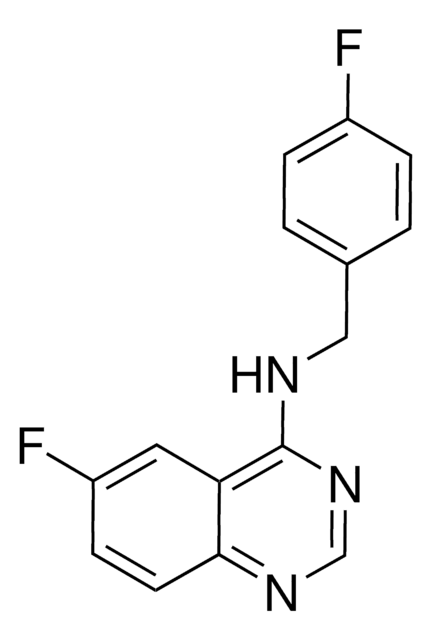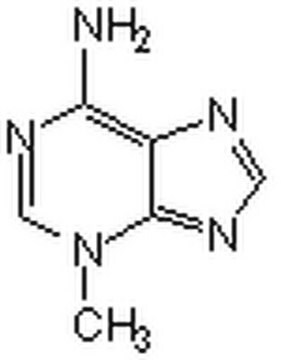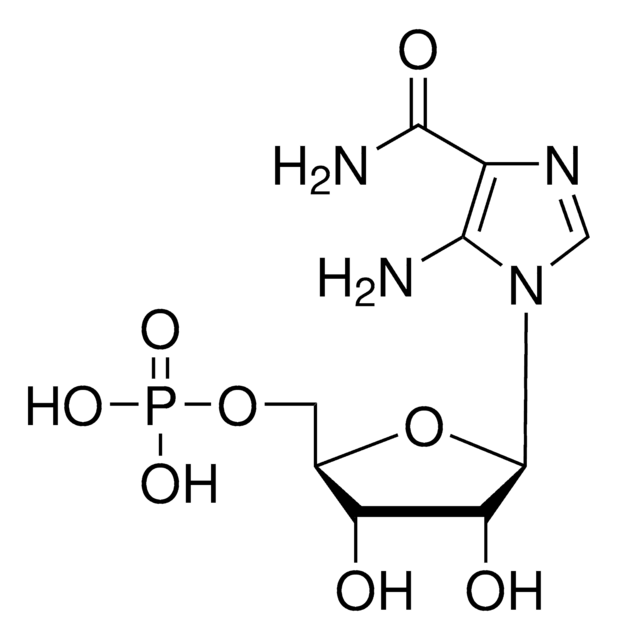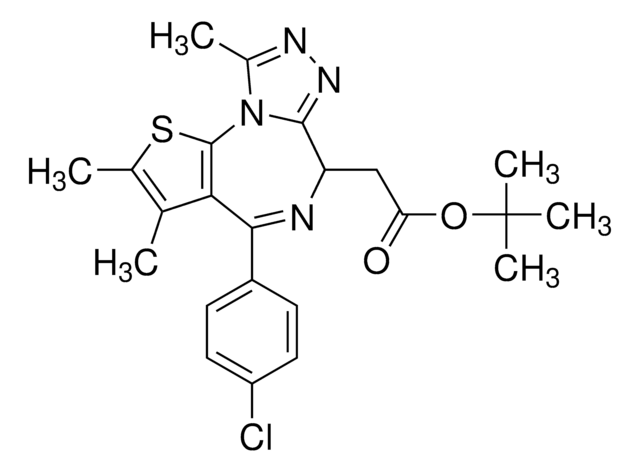SML0810
MHY1485
≥95% (HPLC)
Synonym(s):
4,6-Di-4-morpholinyl-N-(4-nitrophenyl)-1,3,5-triazin-2-amine
About This Item
Recommended Products
assay
≥95% (HPLC)
form
powder
color
white to beige
solubility
DMSO: 2 mg/mL, clear (warmed)
storage temp.
2-8°C
InChI
1S/C17H21N7O4/c25-24(26)14-3-1-13(2-4-14)18-15-19-16(22-5-9-27-10-6-22)21-17(20-15)23-7-11-28-12-8-23/h1-4H,5-12H2,(H,18,19,20,21)
InChI key
MSSXBKQZZINCRI-UHFFFAOYSA-N
Application
- to study the effect of mammalian target of rapamycin mTOR signalling on in vitro O-GlcNAcylation
- to inhibit autophagy
- as a mTOR agonist to demonstrate that the O-linked N-acetylglucosamine transferase- RNA helicase p68 (OGT-DDX5) axis regulates colorectal cancer cell proliferation and metastasis
Biochem/physiol Actions
Features and Benefits
Storage Class
11 - Combustible Solids
wgk_germany
WGK 3
flash_point_f
Not applicable
flash_point_c
Not applicable
Certificates of Analysis (COA)
Search for Certificates of Analysis (COA) by entering the products Lot/Batch Number. Lot and Batch Numbers can be found on a product’s label following the words ‘Lot’ or ‘Batch’.
Already Own This Product?
Find documentation for the products that you have recently purchased in the Document Library.
Customers Also Viewed
Protocols
We offer many products related to PKB/Akt for your research needs.
Related Content
Apoptosis, or programmed cell death (PCD), is a selective process for the removal of unnecessary, infected or transformed cells in various biological systems. As it plays a role in the homeostasis of multicellular organisms, apoptosis is tightly regulated through two principal pathways by a number of regulatory and effector molecules.
n proliferating cells, the cell cycle consists of four phases. Gap 1 (G1) is the interval between mitosis and DNA replication that is characterized by cell growth. Replication of DNA occurs during the synthesis (S) phase, which is followed by a second gap phase (G2) during which growth and preparation for cell division occurs. Together, these three stages comprise the interphase phase of the cell cycle. Interphase is followed by the mitotic (M) phase.
Our team of scientists has experience in all areas of research including Life Science, Material Science, Chemical Synthesis, Chromatography, Analytical and many others.
Contact Technical Service
